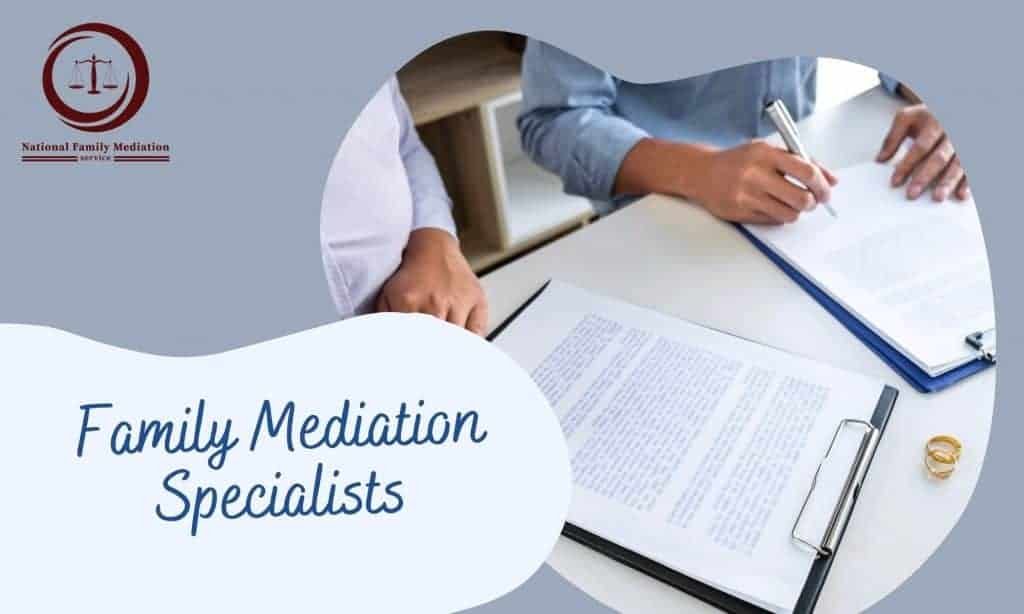
Is a mediator a really good occupation?- National Family Mediation Service
All areas of life and professions are represented among those who practise Family mediation.
Not only solicitors can become mediators. This vocation is suitable for anyone with an interest in alternative dispute resolution, good communication skills, and sharp problem-solving talents.
Consider this route?
This article explores some of the most compelling arguments for becoming a mediator. These are the most prevalent motivations among the students we work with in mediation training, and a fantastic introduction to the discipline as a whole.
At the conclusion of this essay, we’ve provided information on how to get a professional mediator designation, as well as crucial training process details. Let’s get started!
Why become a mediator?
Mediators provide an attractive alternative to litigation.
Rarely does litigation result in outcomes that are advantageous to both parties. Mediation, on the other hand, offers a far more “humane,” typically less expensive, and overall more supportive procedure.
Family Mediation is voluntary, confidential, and often significantly quicker than court-based dispute resolution. The client chooses the time and location of the meeting, and the mediator works diligently to alleviate tensions and ensure that everyone is heard.
Mediators delve under the surface and address the underlying emotions, grievances, and underlying reasons of conflict. Participants may find the experience therapeutic. In many instances, parties leave with improved communication skills and enhanced professional connections.
The opposite is not necessarily true of litigation!
In addition, companies and organisations are increasingly driven to hire mediators in order to avoid the expense, unfavourable publicity, and general hardship that result from protracted court battles.
- Assist individuals in finding relief from conflict, stress, and anger.
Few things in life are more agonising and destructive than protracted disagreements in which parties are unable to establish common ground.
Anyone who has endured a protracted business dispute, family quarrel, or legal battle can attest to the practical and emotional damage the experience may do.
A good mediator can be a game-changer when it comes to the resolution of conflicts. They are able to lure people out of their separate corners and open channels of communication that appeared to be permanently blocked.
A mediator does not determine the result of a conflict. He/she provides an environment in which parties can discuss the issue and propose their own solutions. Hayley MacPhail, an experienced mediator and lecturer, characterises it as follows:
“The client possesses the solution to their difficulty, and it is our responsibility to facilitate these moments of insight and comprehension.”
From impasse to fruitful negotiation and significant outcomes: this is what mediators assist individuals achieve.
And this is likely the most compelling reason to become a mediator: to actually assist individuals in overcoming their anger, feeling heard and seen, achieving closure, and moving on with their lives.
- MEDIATION OFFERS MANY AREAS OF SPECIALIZATION
There are several areas of mediation practise. Are you especially curious about workplace conflict? Or perhaps you are drawn to family issues.
In addition to working with community organisations, mediators handle contract disputes, personal injury lawsuits, construction lien disputes, and dissolutions of partnerships.
Typically, mediators choose one or two areas of expertise and become specialists in those disciplines, frequently based on prior professional experience.
This profession, according to mediation educator Louie Spedaliere LL.B, is quite diverse.
“People from a wide variety of professions are lured to employment in mediation. My students come from the fields of law, medicine, social work, education, and human resources… They employ their prior knowledge and experience to better their mediation practise.”
- LEARN SKILLS THAT ENRICH EVERY AREA OF YOUR LIFE
Skilled mediators are communication experts. They are adept at “reading” individuals, diffusing tension, managing their own emotions, and facilitating open talks.
Mediators can steer arguments away from pointing fingers, humiliating, and assigning blame. They help people concentrate on results and interests that are mutually beneficial.
Mediators are exceptionally astute problem-solvers and critical thinkers. They are educated to consider issues from multiple perspectives and are inherently empathic and perceptive.
Self-reflection and self-awareness are also essential components of this area of practise. Personal prejudices and other variables that could affect mediators’ neutrality must be avoided. They possess great mental and emotional self-control.
These are extremely valuable (and transferable) abilities applicable to practically every aspect of life and employment.
Mediators can train in family mediation as well as civil mediation

